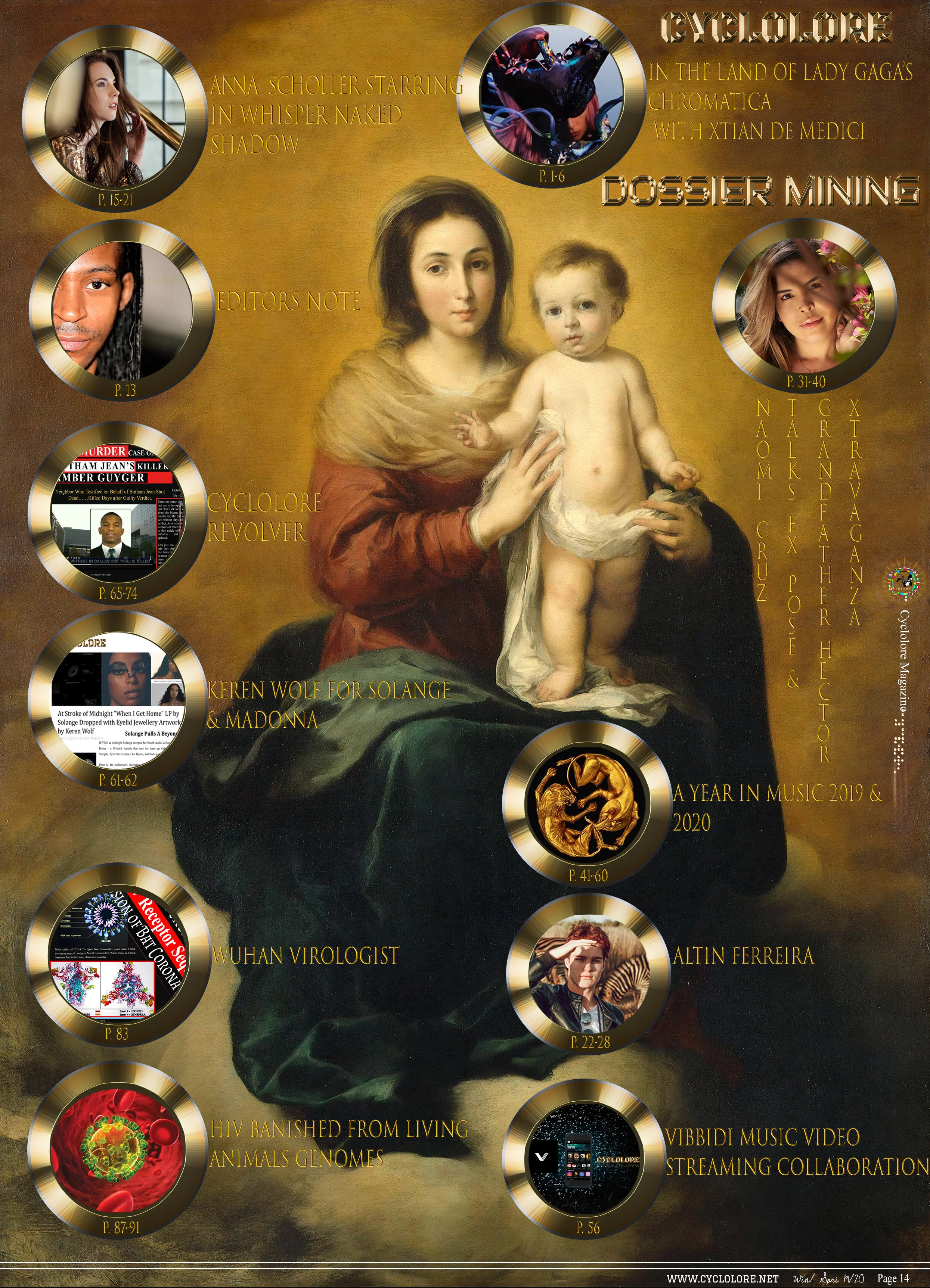U.S. Dollar "Not Likely" to Lose Global Power, even as BRICS grows, says BNY Mellon

Finding a replacement for the dollar is one of the BRICS' goals, according to a study from BNY released on Friday.
It claimed that the inclusion of Iran, the UAE, Egypt, and Saudi Arabia will make the new organization a heavyweight in energy exports, notably oil, and that this may lead to the emergence of a commodities basket backed by both oil and gold.
A larger bloc would include 25% of the world's nickel, 10% of copper, 50% of the world's graphite, and 75% of the world's manganese. Adding Saudi Arabia, the United Arab Emirates, and Iran to the BRICS would include three of the biggest oil exporters in the world and account for 42% of the world's oil supply.Even if the growth of the BRICS group of emerging countries represents another threat to the dollar's dominance in the global economy, BNY Mellon stated in a report that the dollar is unlikely to lose its position as the world's reserve currency anytime soon.
At a conference last week in Johannesburg, the BRICS leaders—Brazil, Russia, India, China, and South Africa—invited Iran and Argentina, Saudi Arabia, the United Arab Emirates (UAE), Ethiopia, and Egypt into the club.
BNY Mellon emphasized that this would not be sufficient to overthrow the dollar's hegemony.
According to Bob Savage, head of markets, strategy, and analytics at BNY Mellon, "the USD is unlikely to lose its global reserve status anytime soon - new currency unions should look to technology or green baskets, rather than gold- or carbon-based ones."
"The inclusion of the UAE and Saudi Arabia lift the per capita GDP and economic power, but likely conflicts with longer-term issues about the energy transition from carbon to sustainable sources," added Savage.
Also check out Cyclolore Magazine’s new DOSSIER Mining Issue & other publications we’ve released below!
DOSSIER Mining releases in retrograde 'In the Land of Chromatica' with Lady Gaga's Designer Xtian de Medici, Keren Wolf, FX Pose's Naomi Cruz honoring the life of Grandfather Hector of House of Xtravaganza as our 1st cover story & Award Winning Anna Schollerova from Nora K's Whisper Naked Shadow TV mini-series and much much more!! The DOSSIER Mining compared to 'The Aftermath' issue, & others before it, is elevated reaching a better and truer essence of the Cyclolore Brand from many aspects & will so moving forward.
Related Stories to read next from this featured panel!





























